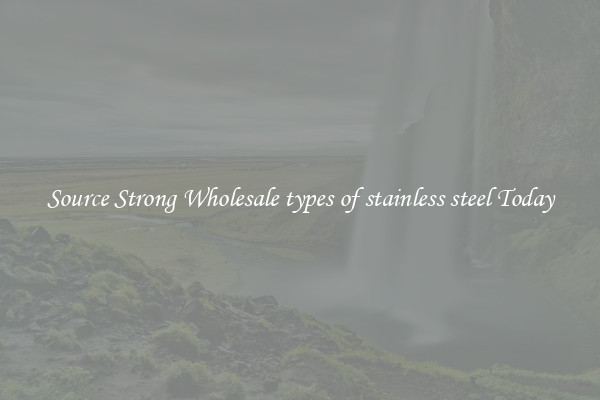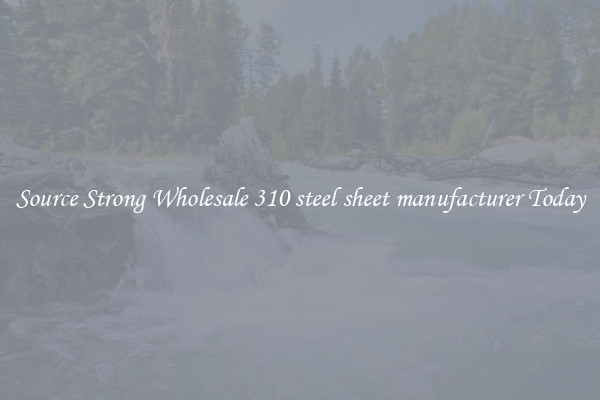Strong Efficient High-Quality briquette steel
Steel is a versatile and indispensable material in modern industry. It is used in a wide range of applications, from construction and infrastructure to manufacturing and transportation. One of the most common forms of steel used in these applications is briquette steel.

Briquette steel is a type of steel that has been compacted into small, dense blocks for ease of transportation and processing. These briquettes are typically made from scrap steel, which is melted down and reformed into the desired shape. The result is a high-quality steel product that is both strong and efficient.
One of the key advantages of briquette steel is its strength. By compacting the steel into briquettes, manufacturers are able to increase the density and reduce the porosity of the material, resulting in a product that is stronger and more durable than traditional steel. This makes briquette steel an ideal choice for structural applications where strength is paramount.
In addition to its strength, briquette steel is also highly efficient. Because the steel is already in a compacted form, it requires less energy and resources to transport and process compared to loose steel scrap. This efficiency not only reduces costs for manufacturers but also reduces the environmental impact of steel production.
Furthermore, briquette steel is known for its high quality. The compacted nature of the material ensures uniformity and consistency in its properties, making it a reliable and predictable product for manufacturers. This allows for greater control over the manufacturing process and ensures that the final product meets the required specifications and standards.
Overall, briquette steel is a superior material that offers strength, efficiency, and high quality. Its compacted form makes it an ideal choice for a wide range of applications, from construction to manufacturing. With its numerous advantages, it is no wonder that briquette steel is a preferred material for many industries seeking strong and reliable steel products.

View details

View details

View details

View details








